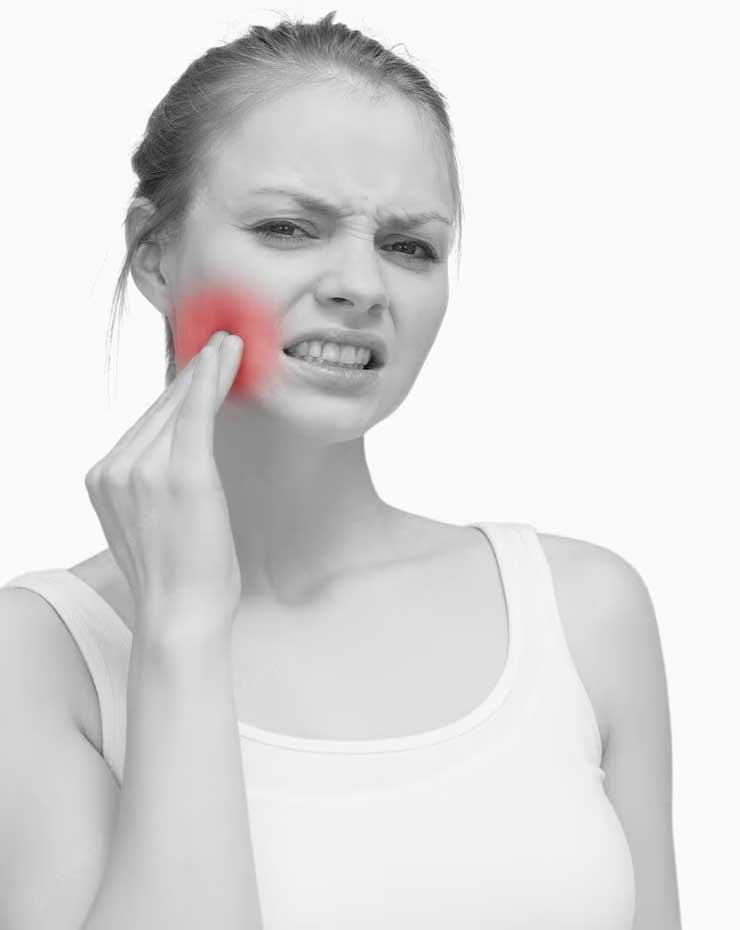What is jaw joint disorder?
Jaw joint disorders are a dental health condition that involves your jaw joint. The chewing muscles and structure make it not just a dental condition, but also a medical health condition. It causes facial pain to the patient and is becoming a healthcare condition that is both growing and challenging. It is not easily diagnosed despite patients showing sings and symptoms of jaw joint disorder.
The lower jaw is connected to the skull and is placed on both sides of the head. It is a complex part of the body and is also frequently used. It is a flexible hinge joint, allowing you to move your head, up, down, sideways, giving you the ease to talk, eat and chew. There are muscles and ligaments attached to the jaw joints that control all of these movements.







